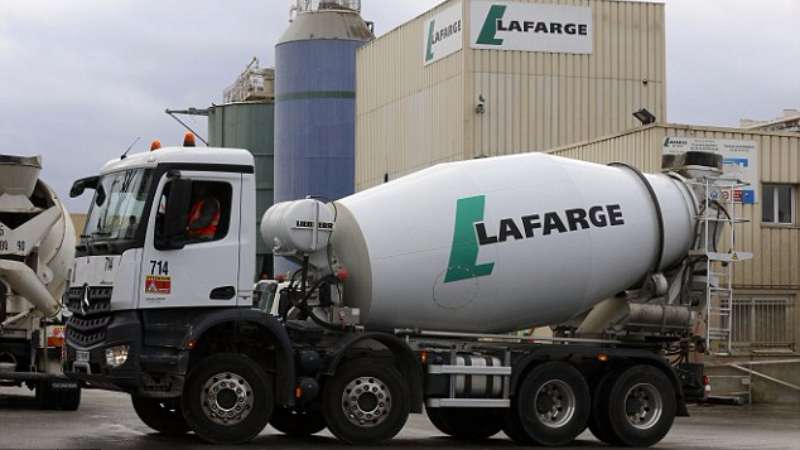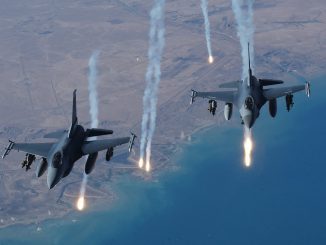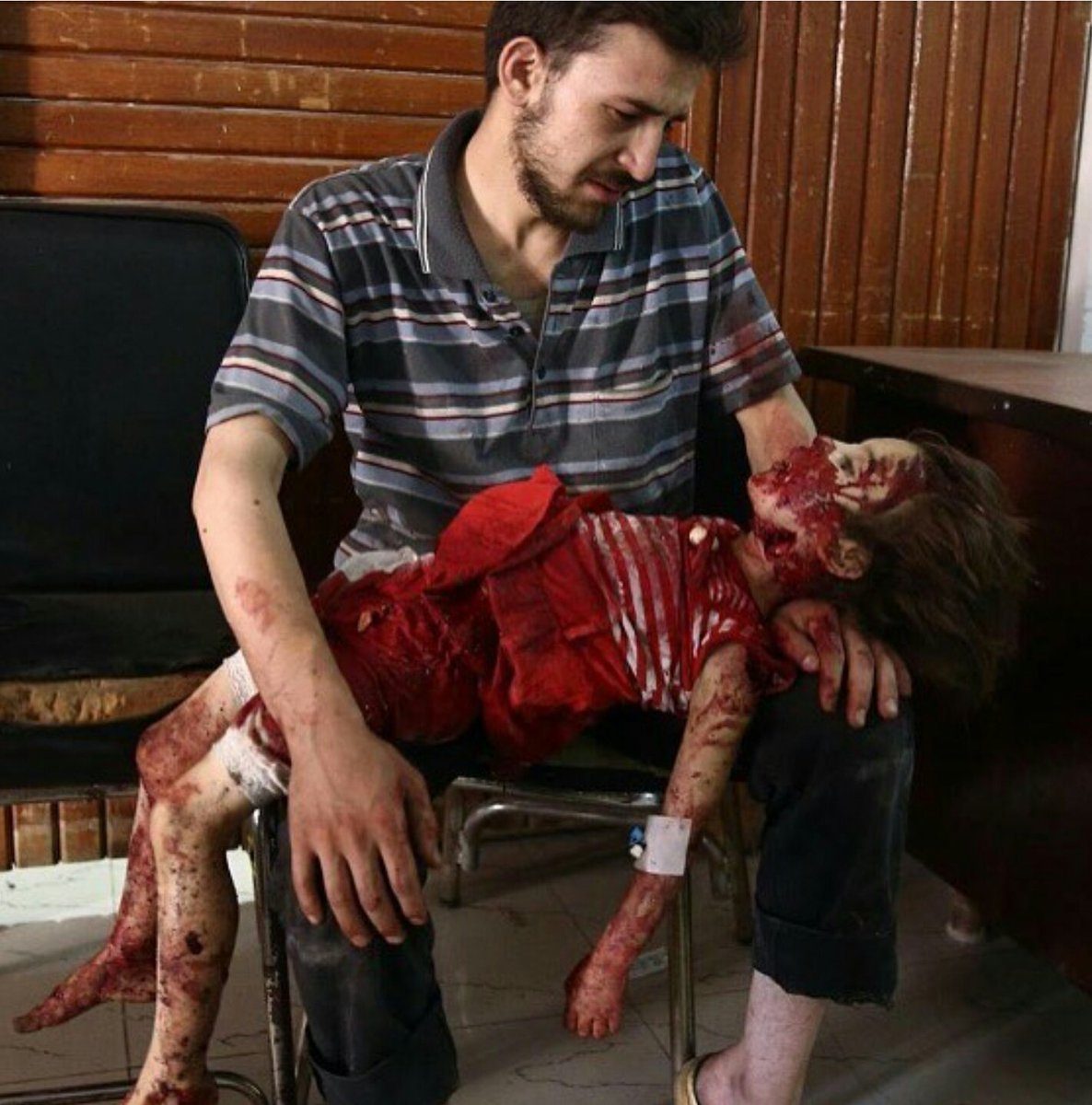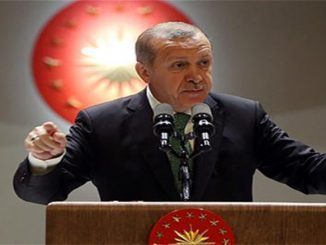
French cement maker Lafarge entered into deals with armed groups in Syria, including the ISIS, in order to protect its business interests in the country, French daily Le Monde reported Tuesday.
According to the French newspaper, between 2013 and 2014 Lafarge paid taxes to ISIS middlemen and negotiated safe passage for its trucks and employees in order to continue its operations in northern Syria.
Lafarge, the world’s leader in construction materials, did not respond to queries from AFP over the allegations, saying only that its “absolute priority has always been ensuring the safety and security of its staff”.
At the heart of the “murky deals” alleged by Le Monde is a cement works that Lafarge bought in 2007 some 150 kilometers (95 miles) northeast of Aleppo.
The Jalabiya cement works went into operation in 2010, a year before the start of Syria’s ongoing conflict.
“Until 2013, production kept up despite the growing instability in the region,” the French daily wrote.
But it then went on to make ’worrying deals’ with ISIS to protect its business interests in the country, Daily Mail reported.
Le Monde reported it had seen emails sent by Lafarge managers in Syria “revealing arrangements that Lafarge made with the militant group to continue production until September 19, 2014.”
It was on this date that ISIS took over the site and Lafarge halted all activity, France 24 reported.
In one case Lafarge – seeking access to its factory for workers and supplies – sent a man named Ahmad Jaloudi on a mission ’to get permission from ISIS to let employees past checkpoints’.
According to Le Monde, the letters show that Lafarge’s Paris headquarters was aware of the arrangements.
In another case a ’pass stamped with an ISIS stamp and endorsed by the (group’s) finance chief in the Aleppo region’ proves the company had struck a deal with ISIS to allow for free circulation of its goods, the newspaper reported.
Le Monde reports that the site was taken by the Kurdish YPG militia in February 2015, backed by the international coalition against ISIS.
The now abandoned plant has now become a base for French, US and British special forces who ’quietly support’ Kurdish forces fighting ISIS, the newspaper claims.



